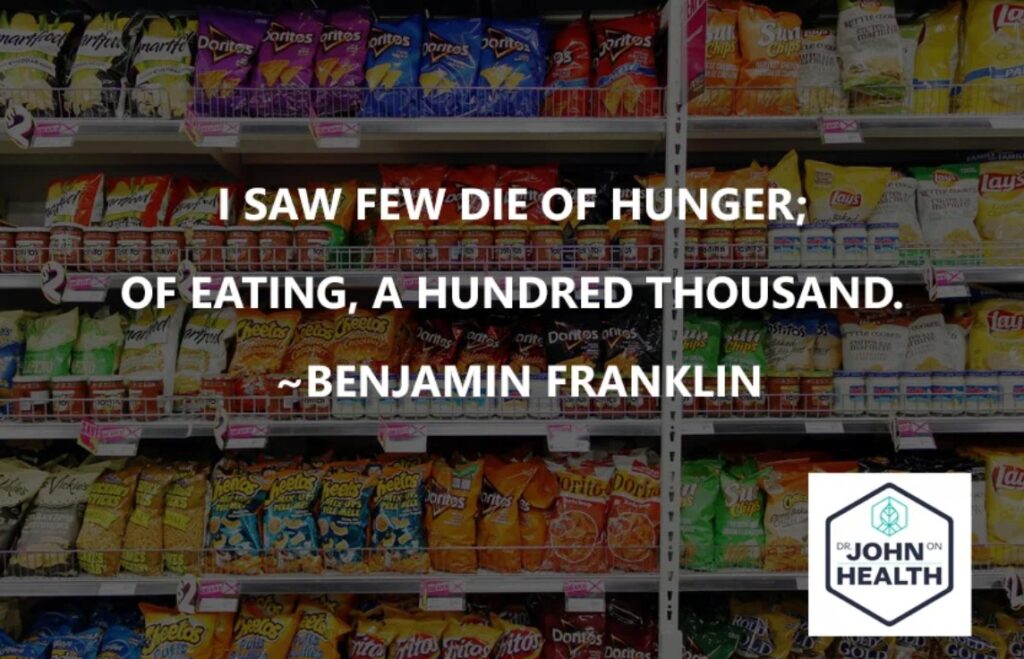 An article in the Denver Post in July of 2019 stated that Metro State University building is being investigated for the results of a carcinogen or cancer-causing agent. Four employees were diagnosed with three different types of cancer within the span of six months. However, the test turned out to be negative.
An article in the Denver Post in July of 2019 stated that Metro State University building is being investigated for the results of a carcinogen or cancer-causing agent. Four employees were diagnosed with three different types of cancer within the span of six months. However, the test turned out to be negative.
This is not unexpected because previously after investigating 575 cites, for groups of cancer patients in the same area, the government could identify only one case of cancer-causing agent common to cancer. What is happening?
Watch this short video and then follow the transcript below. The mystery surrounding these cancer clusters is not so mysterious to me and I will tell you why…
Cancer means uncontrolled multiplication of the cancer stem cell. Stem cells are present in the body from the moment of birth. It is stem cells that produce sufficient number of cells needed for each organ and tissue. Some such stem cells are kept in reserve to repair damaged cells or replace dead cells after an infection or injury.
These stem cells, some of them, all it takes is one stem cell. It’s kept in reserve, being activated inappropriately and it can cause cancer. This is most likely what happens in childhood cancer. Whereas in adults there is mutation of genes that should ordinarily stop uncontrolled division of cells.
We get two genes, one from the father, one from the mother to do the same job. If both genes are mutated, then there’s nobody to stop the multiplication. Once the stem cell starts dividing and this is what causes cancer.
However, if there is no cancer-causing agent in the environment what can cause mutation? Mutation means damage to function or structure of a gene that controls cell division. Mutated cells capable of producing cancer can form in our bodies naturally. Nature knows that and has put in powerful anti-cancer mechanisms in our body.
So why is cancer still happening? for a simple reason, in my opinion. We are feeding the cancer cells and they are multiplying faster than what the capability of the immune system is to kill them. How are we doing this?
All cancer cells extract energy from glucose so anytime you eat something that contains grains or grain flour products, those are absorbed into the body as glucose. That is how we feed the cancer cell. If you want to reduce your chance of developing cancer even though cancer cells may still appear in your body, reduce the intake of energy from carbohydrate to less than 35% of your total daily energy intake.
If you’re already diagnosed with cancer, even if you have had treatment and suggest that there are no more cancer cells detectable, there could still be one hiding in the body and all it takes is one. Reduce your intake of energy from complex carbohydrates to 20%. That is my suggestion.
In Denver, chances are the employees work in that building we’re consuming foods containing carbohydrates to the tune of 50 percent or more of their energy intake and this is what most likely happened.

Surviving Cancer: A New Perspective on Why Cancer Happens & Your Key Strategies for a Healthy Life
This book will be an invaluable resource for anyone who has already been diagnosed with cancer localized to a single site of origin and not yet colonized in another part of the body. It is also for anyone who believes they are at risk of cancer due to heredity, lifestyle, working conditions, stress levels, or for any other reason.
And finally, this book is especially important for anyone with Type 2 diabetes, a population that is twice as likely to develop certain types of cancer compared to individuals who do not have diabetes.



